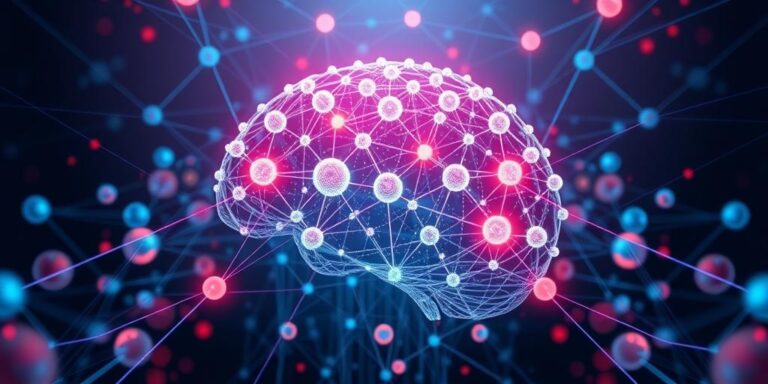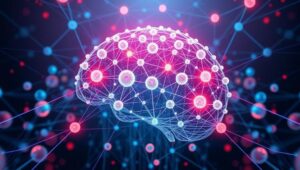Decentralized AI: Power to the People or New Risks? (2025 Forward)
The rapid evolution of Artificial Intelligence (AI) is ushering in a new era, and one of the most transformative concepts is decentralized AI. Unlike traditional AI systems controlled by centralized entities, decentralized AI distributes intelligence across a network, often leveraging blockchain technology. This shift promises greater accessibility, transparency, and user control, but also introduces novel challenges and risks. As we move into 2025 and beyond, it’s crucial to understand the potential benefits and pitfalls of this emerging paradigm.
What is Decentralized AI?
Decentralized AI involves distributing AI algorithms, data, and processing power across a network of nodes. This approach contrasts with centralized AI, where a single entity controls the AI system. Key characteristics of decentralized AI include:
- Distributed Data: Data is stored across multiple locations, reducing the risk of a single point of failure and enhancing privacy.
- Collaborative Learning: AI models are trained collaboratively by multiple participants, enabling faster and more diverse learning.
- Open Access: Decentralized AI platforms often provide open access to AI tools and resources, fostering innovation and democratizing AI development.
- Smart Contracts: Blockchain-based smart contracts automate and enforce agreements between participants, ensuring transparency and trust.
Potential Benefits of Decentralized AI
- Democratization of AI: Decentralized AI can empower individuals and small organizations by providing access to AI tools and resources that were previously only available to large corporations. This democratization can foster innovation and create new opportunities for economic growth.
- Enhanced Privacy and Security: By distributing data across multiple locations and using privacy-preserving techniques, decentralized AI can enhance data privacy and security. This is particularly important in sensitive domains such as healthcare and finance.
- Increased Transparency and Trust: The use of blockchain technology and smart contracts can increase transparency and trust in AI systems. This is crucial for building confidence in AI and ensuring that it is used ethically and responsibly.
- Greater Resilience: Decentralized systems are inherently more resilient to failures and attacks than centralized systems. By distributing the AI system across multiple nodes, the impact of any single point of failure is minimized.
Potential Risks and Challenges
- Security Vulnerabilities: While decentralization can enhance security, it also introduces new attack vectors. Securing a distributed network requires robust security protocols and continuous monitoring.
- Scalability Issues: Decentralized systems can face scalability challenges, particularly when dealing with large datasets or complex AI models. Overcoming these challenges requires innovative solutions such as sharding and layer-2 scaling.
- Governance and Regulation: The decentralized nature of AI makes it difficult to govern and regulate. Establishing clear guidelines and standards for decentralized AI development and deployment is essential to mitigate potential risks.
- Bias and Fairness: Decentralized AI systems can still be susceptible to bias if the data used to train them is biased. Ensuring fairness and mitigating bias in decentralized AI requires careful attention to data collection, model development, and evaluation.
Use Cases of Decentralized AI
- Decentralized Finance (DeFi): AI-powered decentralized trading platforms, risk management systems, and fraud detection tools.
- Healthcare: AI-driven diagnostics, personalized treatment recommendations, and drug discovery.
- Supply Chain Management: AI-enabled tracking and optimization of supply chains, improving efficiency and reducing costs.
- Energy Management: AI-based optimization of energy grids, reducing waste and improving sustainability.
The Road Ahead
As we move further into the 2020s, decentralized AI is poised to play an increasingly significant role in shaping our world. While the technology holds immense potential, it’s essential to address the associated risks and challenges proactively. Collaboration between researchers, developers, policymakers, and the public is crucial to ensure that decentralized AI is developed and deployed in a responsible and beneficial manner. The power of decentralized AI could truly belong to the people, but only if we navigate the road ahead with foresight and care.




